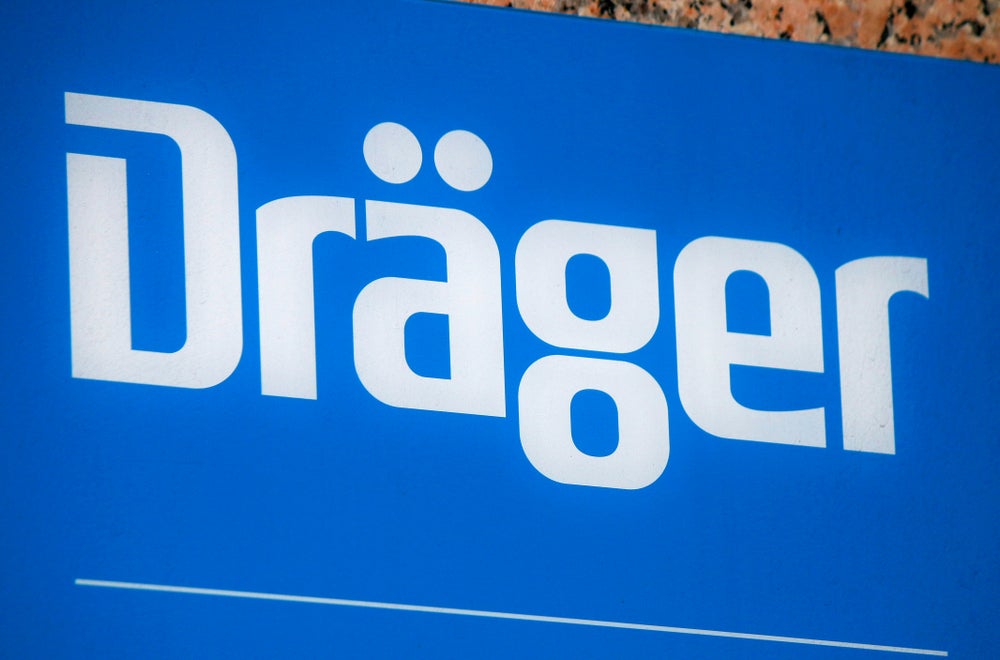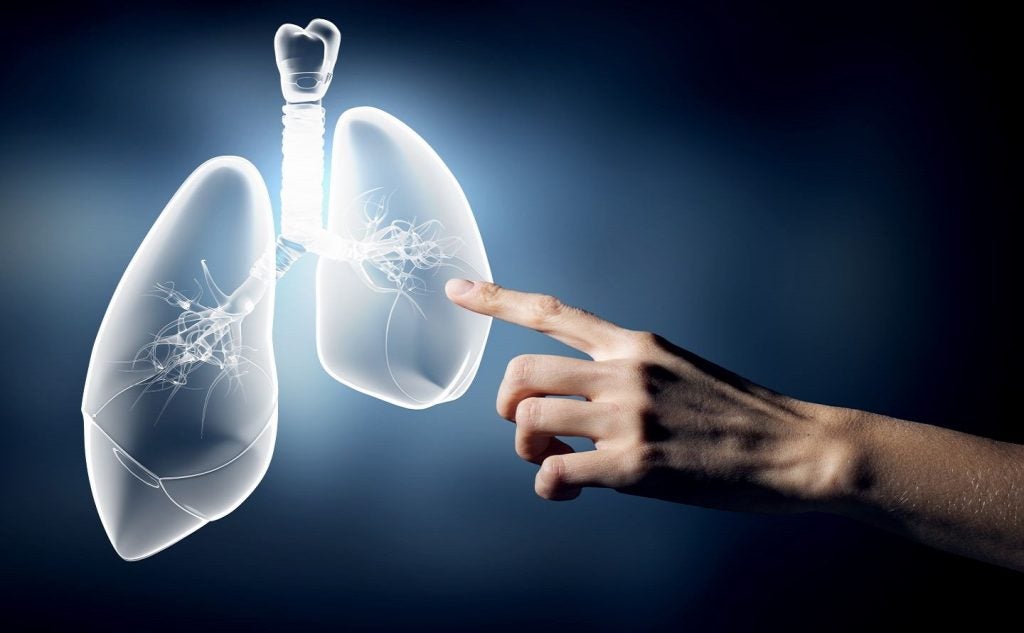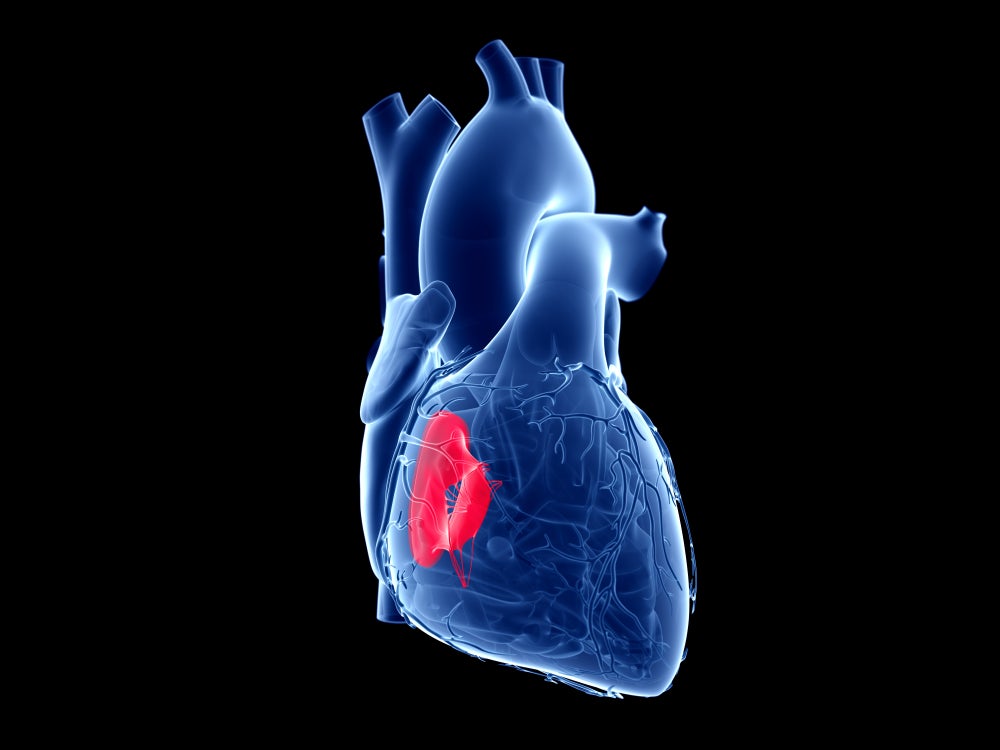The US Food and Drug Administration (FDA) has tagged a voluntary recall of Draeger’s Carina Sub-Acute Care Ventilators as Class I, after the medical device giant found the products could contain contaminated breathing gas.
The ventilators, which were discontinued in 2019, are still in use in hospitals to provide patients with breathing assistance via a trachea tube or mask.
As per the FDA recall entry, 703 devices in the US distributed between March 2009 and October 2023 have been voluntary recalled by Draeger. In a letter sent to customers, the company said it found dangerous levels of 1,3-Dichloropropan-2-ol in the airpath of the ventilator. A potential carcinogen, 1,3-Dichloropropan-2-ol, is a constituent of the foam used for sound insulation in the devices. Draeger highlighted that no carcinogenic effect has been proven in human studies so far.
The company said it has not received any complaints or toxic reactions relating to the issue, and that the carried-out tests indicated that all other aspects of the device were safe.
Draeger stated it is planning to remove the foam from the ventilators still in use and replace them with a new blower cover without additional foam. The new cover will be available in Q4 2023 and will be fitted by a Draeger engineer.
The issue with the Carina ventilators adds to problems for Draeger’s respiratory device portfolio. In May, the German company recalled over half a million infant breathing circuit/anaesthesia kits in an FDA-tagged Class I recall. Another Class I recall occurred in July, when its Oxylog 3000 ventilator was found to have power rerouting issues.















